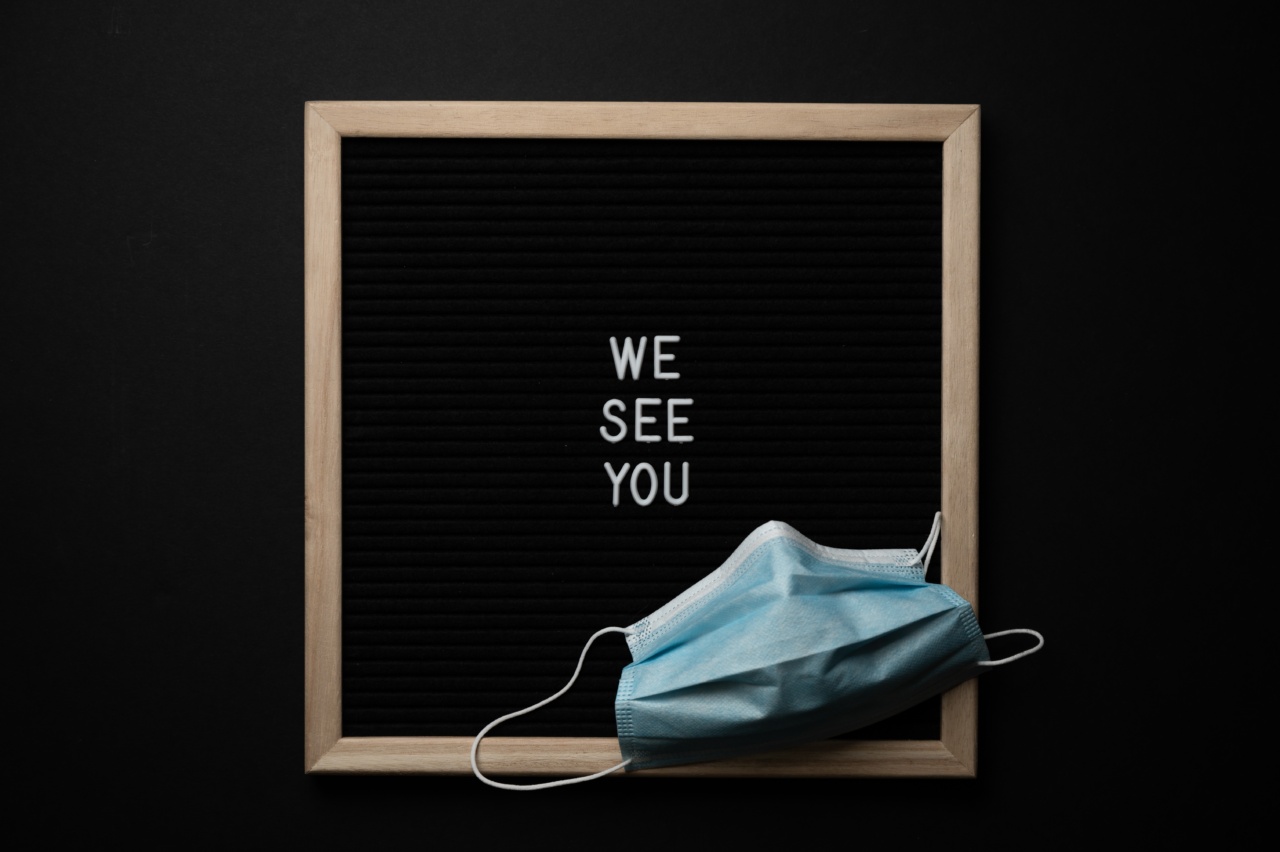Libido, or sex drive, is the desire to engage in sexual activity. It is a core component of a healthy sex life and an essential aspect of maintaining a strong intimate relationship.
While physical and psychological factors can influence libido, certain actions can outright destroy it. Indeed, you won’t believe which of these actions can kill your sex drive.
1. Poor Diet
What you eat and drink affects multiple aspects of your health, including your sex life.
A diet that is high in unhealthy fats, sugar, and processed foods can lead to weight gain, which can disrupt hormonal balance – a key factor in regulating libido. A diet that is lacking in essential nutrients, such as vitamins and minerals, can also impair sexual health and performance.
2. Lack of Sleep
Chronic sleep deprivation can interfere with hormone production, disrupt metabolic functions, and affect mood and energy levels, all of which can impact libido.
Inadequate sleep also reduces stamina, which may lead to sexual dysfunction and a lack of interest in sex.
3. Sedentary Lifestyle
Sitting too much and not engaging in physical activity can decrease blood flow to the genital area, reducing sexual arousal and satisfaction, leading to a poor sex drive.
Exercise also helps balance hormones and increases endorphins, which can boost mood and reduce stress and anxiety – two significant factors that affect libido.
4. Smoking
Smoking cigarettes can reduce blood flow, leading to erectile dysfunction and decreased sexual performance. It also damages blood vessels, decreasing sensitivity to touch and sensation, which can reduce arousal and pleasure during sexual activity.
5. Alcohol
While alcohol is often associated with relaxation and socializing, it can also dampen sexual response and affect libido.
Heavy drinking, in particular, can lead to sexual dysfunction, decrease arousal and orgasm, cause memory loss, reduce energy, and impair judgment, making it challenging to connect on an intimate level with a partner.
6. Medication
Many medications, including antidepressants, anxiety medications, blood pressure medications, and birth control pills, can interfere with libido.
These drugs affect hormone levels, alter brain chemistry, and disrupt other bodily functions that can dampen sexual desire and performance.
7. Chronic Stress
Stress is a well-known libido killer. Chronic stress can lead to increased cortisol levels, which can interfere with the body’s production of testosterone, reducing libido.
It can also cause fatigue, irritability, anxiety, and depression, further reducing a person’s desire and ability to engage in sexual activity.
8. Lack of Intimacy
Sexual intimacy requires a feeling of connection with a partner, which can involve physical, emotional, and psychological connection.
A lack of intimacy can lead to decreased sexual desire and performance, as well as relationship issues that can affect a person’s overall mood and well-being.
9. Chronic Illness
Chronic illnesses, such as diabetes and heart disease, can cause sexual dysfunction and decrease libido. These conditions may require medication or other treatments that can further reduce sexual desire and performance.
10. Pornography
Pornography can affect the brain’s reward centers, leading to desensitization and a decrease in sexual arousal and desire. It can also create unrealistic expectations and increase anxiety or performance issues in real-life sexual situations.
Conclusion
In conclusion, while many factors can influence libido, certain actions, such as poor diet, lack of sleep, sedentary lifestyle, smoking, alcohol, medication, chronic stress, lack of intimacy, chronic illness, and pornography can all contribute to decreased sexual desire and function. By avoiding these actions and engaging in healthy behaviors, individuals can improve their libido, enhance their sexual life, and maintain a healthy intimate relationship with their partner.































